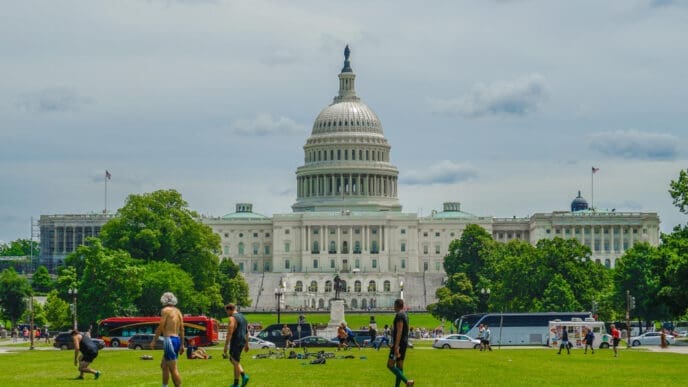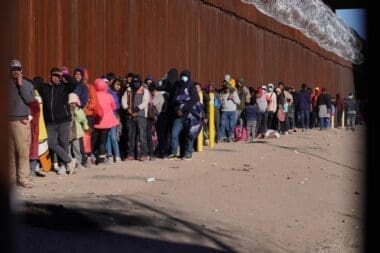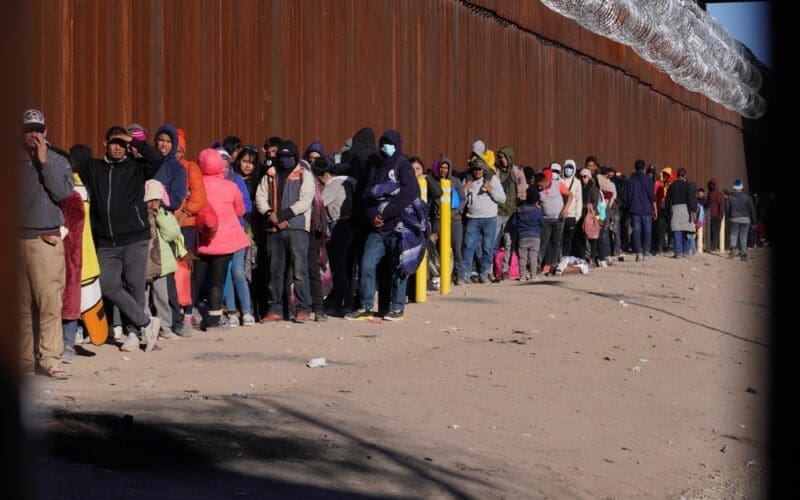The American electorate has once again opted for Donald Trump’s leadership, reelecting him as the President of the United States. Despite this decision, his actual tenure won’t commence until January 20, 2025, and several pivotal steps remain before he assumes office.
One of the immediate actions is the Electoral College’s duty to cast their official votes. Although citizens voted by November 5, the electoral process requires states to finalize and verify their results by December 11. Then, on December 17, electors from each state along with Washington, D.C., will convene to formally submit their 538 Electoral College votes.
Another crucial task involves ensuring the government continues to operate without interruption. A temporary funding measure, passed before the election, will conclude on December 20. Thus, legislators must reconvene during the ‘lame-duck’ session to secure continued government operations.
On January 3, the new Congress, with a Republican majority in both the House and Senate, will begin its session. These lawmakers, having recently taken their oaths, will inaugurate the 119th Congress, setting the legislative stage for the new administration.
In parallel, President-elect Trump’s selections for Cabinet positions will undergo Senate evaluations. Although the Senate’s procedural pace is traditionally slow, a few confirmations might occur early in January, with hearings expected to begin during this period.
A significant event on January 6, 2025, will see Vice President Kamala Harris overseeing the validation of Electoral College votes. This process will officially affirm Trump’s presidency. It’s a rare instance where a vice president, like Al Gore in 2001, oversees proceedings that unfavorably affect their political trajectory.
Trump’s inauguration is set for noon on January 20, 2025, at the Capitol’s west front, marking the commencement of his term. Four years later, on January 20, 2029, another leader is anticipated to take over.
Aside from his political responsibilities, President-elect Trump is entangled in various legal proceedings. Even before securing his position, he was convicted of 34 felony charges regarding business record falsifications associated with hush payments from the 2016 campaign. Sentencing has been postponed, with discussions about a potential four-year delay considering his presidency. Moreover, Trump is embroiled in numerous other litigations, including federal cases concerning the 2020 election and classified document mishandling, as well as civil lawsuits involving substantial financial penalties.
As the nation prepares for Donald Trump’s return to the presidency, the transitional phase is rife with administrative, legislative, and judicial activities. While the political scene undergoes changes, the forthcoming months promise significant shifts that will shape the future of American governance.














